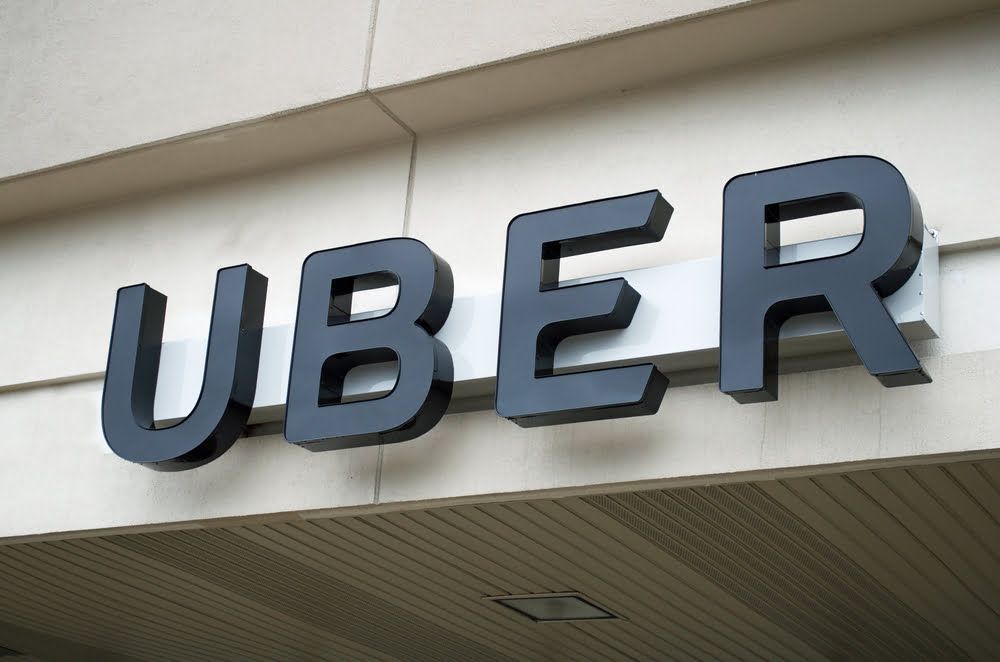Despite promises of reform, Uber's corporate culture continues to pose problems.
A series of events aimed at uniting the workforce at Uber has ended in head-turning chaos diversity, equity and inclusion was suspended after black and Hispanic employees complained. This was prompted by the workplace events she moderated to explore the experiences of white American women under the title “Don't Call Me Karen”.
leave of absence
Together with the board, including CEO Dara Khosrowshahi, Bo Young Lee built a work culture in which highly diverse and inclusive teams stimulate innovation and growth. Systems in which all employees have the opportunity to excel and develop to their full potential are also part of that work culture. Now Uber confirmed it has been asked to take a leave of absence while the company works out its next steps. Her suspension is the latest wave of chaos to hit the company due to its corporate culture.
Uber has faced numerous challenges and controversies ranging from regulatory issues to internal conflicts.
The company's CEO, Dara Khosrowshahi, and its chief people officer, Nikki Krishnamurthy, reportedly told several employees in an email last week that Lee had been sent on leave, the Times reported. Employees had expressed outrage at Lee's "Don't Call Me Karen" events, which the company described as conversations "that dip into the spectrum of the American white woman's experience."

Despite promises of reform, Uber's corporate culture continues to pose problems. It appears that the company has not yet fully learned the hard lessons of its past.
Despite its unparalleled innovation and the disruption of the transportation industry, Uber continues to grapple with a fundamental problem that continues to undermine its progress and image: its corporate culture. Uber's corporate culture has attracted the media and regulatory spotlight for years, not for its excellence, but for the ongoing problems arising from its work environment.
indifference
The most obvious symptom of this problematic corporate culture is the apparent indifference to the rights of workers, particularly drivers. Uber's stubborn resistance to recognizing drivers as employees sends a loud message that profit comes before people. By classifying drivers as independent contractors, the company avoids offering basic employment rights such as minimum wage, sick leave, and disability insurance.
Uber's corporate culture has also led to allegations of sexual harassment and gender discrimination. In 2017, the company was confronted with a scathing blog post from a former employee who described a toxic work environment that ignored sexual harassment and failed to hold perpetrators accountable. While Uber has taken steps to address these issues, the question remains how effective these measures are and whether the underlying culture has really changed.


